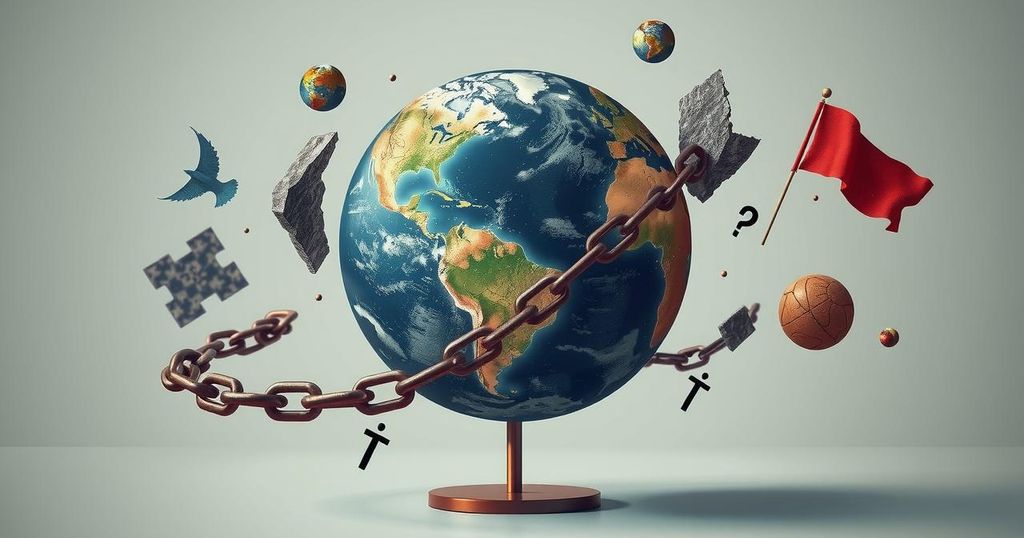S. Jaishankar Defends India’s Democracy Amid Global Concerns

At the Munich Security Conference, External Affairs Minister S. Jaishankar maintained an optimistic view on global democracy, highlighting India’s strong electoral participation and its effective governance. Jaishankar refuted claims of a global democratic crisis, asserting that democracy delivers essential support to the Indian populace. He encouraged recognition of diverse democratic models outside the West, calling for more constructive dialogue about global democracy’s resilience.
During a panel discussion at the Munich Security Conference, External Affairs Minister S. Jaishankar criticized the Western perspective that perceives democracy as a Western attribute. He expressed his optimistic view on democracy, particularly referencing India’s successful electoral participation, where approximately two-thirds of eligible voters engage in elections. Jaishankar shared that India’s recent elections demonstrated robust turnout, with about 700 million voters participating in national elections and emphasized the importance of democratic engagement.
Jaishankar further articulated that democracy, contrary to popular belief, is not in trouble globally. He pointed out increased voter participation over the decades, asserting that the notion of a global democratic decline is inaccurate. He highlighted the positive momentum India has experienced since embracing democracy, stating, “democracy is actually delivered” in the country.
In response to Senator Elissa Slotkin’s comment that democracy does not guarantee basic needs like food, Jaishankar disagreed, emphasizing that democratic governance in India provides vital nutrition support to 800 million people, highlighting its significant impact on societal well-being. He stressed that different regions face varied challenges and should have candid discussions about democratic practices.
Jaishankar addressed the aspirations of nations in the Global South regarding democracy, emphasizing that while countries are unique, there remains a universal aspiration for democratic governance. He noted that India’s choice of a democratic model post-independence arose from its pluralistic society, challenging the idea that democracy is solely a Western construct.
Lastly, Jaishankar criticized the West for historically promoting non-democratic forces in the Global South, asserting that the West has not fully practiced its values abroad. He concluded that India’s commitment to democracy, even amidst challenges, should serve as a model for democratic values globally, urging the West to recognize successful democratic frameworks outside its borders.
S. Jaishankar’s remarks at the Munich Security Conference underscore India’s unique democratic journey and its positive engagement in electoral processes. He countered the prevailing narrative of global democratic decline by highlighting India’s voter turnout and the effective governance provided by democratic institutions. Jaishankar’s call for the West to acknowledge successful democratic practices in the Global South emphasizes the need for a more inclusive perspective on democracy’s resilience around the world.
Original Source: www.ndtv.com







